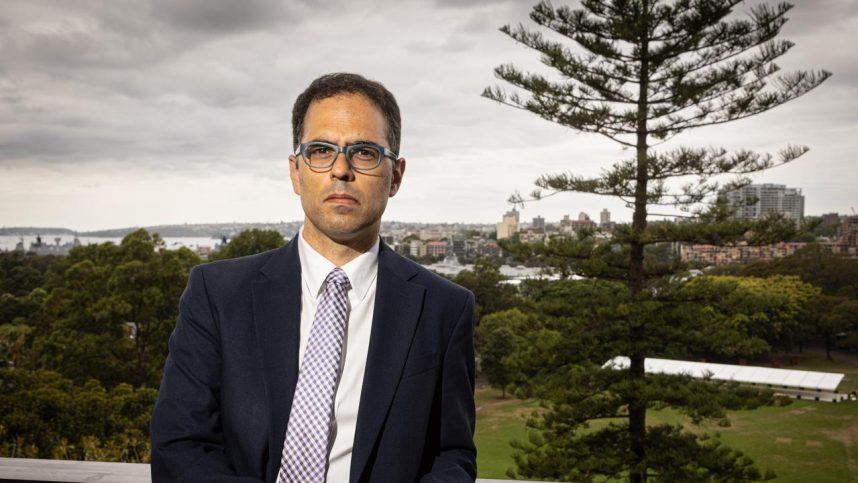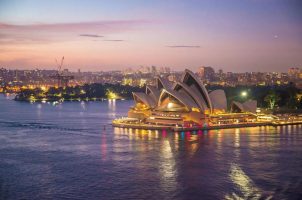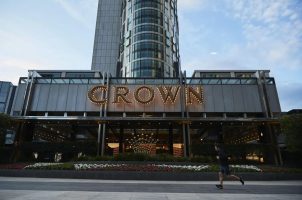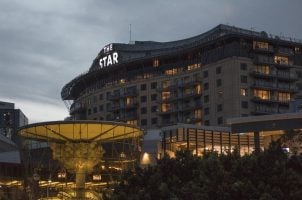Casino Tax Hike Blocked by New Government in New South Wales
Posted on: June 20, 2023, 07:45h.
Last updated on: June 20, 2023, 10:25h.
The Australian state of New South Wales (NSW) has transitioned to a new government following a recent election. This has signaled a number of changes for the gaming industry that might not all be welcome. For now, casinos are more than happy to receive the news that their tax rates aren’t going to change.

Last December, NSW said that it would introduce new tax rates for land-based casinos as of this July. That announcement immediately had casino operators like Crown Resorts and Star Entertainment rewriting their financial projections.
Now, the tax plan has been put on hold. The backlash from operators over how the former government handled the situation found sympathy with NSW Treasurer Daniel Mookhey, who put the brakes on the increase.
Retooling the Taxes
At the heart of the decision to halt the new tax plan was the lack of dialog between the previous government and the casino operators. Mookhey told ABC Radio Sydney that officials had mismanaged the situation almost completely.
Instead of discussing the tax hike with the operators, which would have allowed them to give feedback and better understand what was coming, the government implemented its new plan and forged ahead. Mookhey said in the interview, “At no point did [the government] engage with the particular businesses that were affected by [the tax increase].”
Mookhey is one of the new members of the NSW government, taking the place of former treasurer Matt Kean. He’s a Labor Party politician and a member of the NSW Legislative Council, but only became treasurer, as well as Minister for the Gig Economy, this past March.
The tax increase could have forced Star to pay as much as AU$364 million (US$246.82 million) more per year for its slot machines, depending on their use. This, the company has repeatedly stated, would have most likely meant a reduction in its workforce to compensate for the additional financial strain.
In response to the reprieve Mookhey has offered, Star CEO Robbie Cooke said he’s happy with the decision. He added that Kean’s tax hike was an “ill-conceived” plan that was devoid of consultation with the casino operators.
Kean answered in kind, pointing out that any major changes to Star’s operations were its own doing. He reminded the company that its financial hardships are the result of engaging in “fraudulent activities” that violated the law, including supporting criminals and laundering money.
Economic Downturn Coming
While no new taxes are coming right away, it hasn’t been all good news for Star or for Australia in general. The company was negotiating the sale of its Treasury Casino and Hotel Brisbane in Queensland in a lease-back deal, But that has fallen through.
The arrangement was initially for AU$248 million (US$169 million) when it was put on the table in October 2021. The buyer was to be the investment management firm Charter Hall, which called off the deal because certain unspecified conditions had “not been satisfied.”
There’s potentially more bad news coming if Mookhey’s assessment of the economy is correct. He said in a speech before Parliament on Tuesday that NSW faces “severe challenges” because of a slowing economy and rising interest rates.
He added that the new government is trying to overcome an additional AU$33 billion (US$22.36 billion) in spending requirements the previous government added to the budget. Much of this was to cover the cost of the COVID-19 pandemic.
Australia has six states and two territories, with NSW being a major contributor to the country’s economy. Currently, it accounts for around one-third of the entire economy.
NSW casino operators have won some time before a tax hike, but it won’t last. Mookhey said the government will take another look after the legislative winter break at the end of the year.
Related News Articles
Australian Casinos to Pay More Taxes to Cover Government Expenses
Crown Resorts to Pay Another $13M for Tax Evasion
Star Entertainment Suspends Trading Amid Rumor of Impending License Suspension
Most Popular
Mirage Las Vegas Demolition to Start Next Week, Atrium a Goner
Where All the Mirage Relics Will Go
Most Commented
-
Bally’s Facing Five Months of Daily Demolition for Chicago Casino
— June 18, 2024 — 12 Comments
















No comments yet